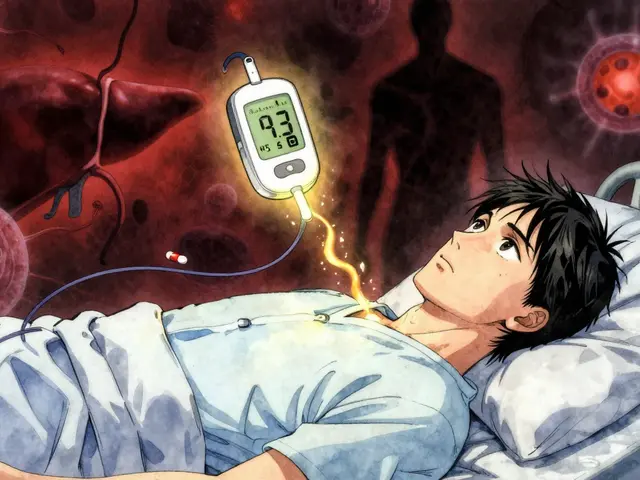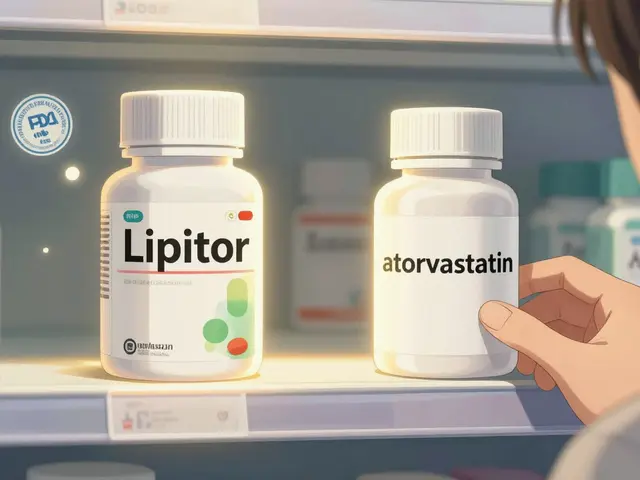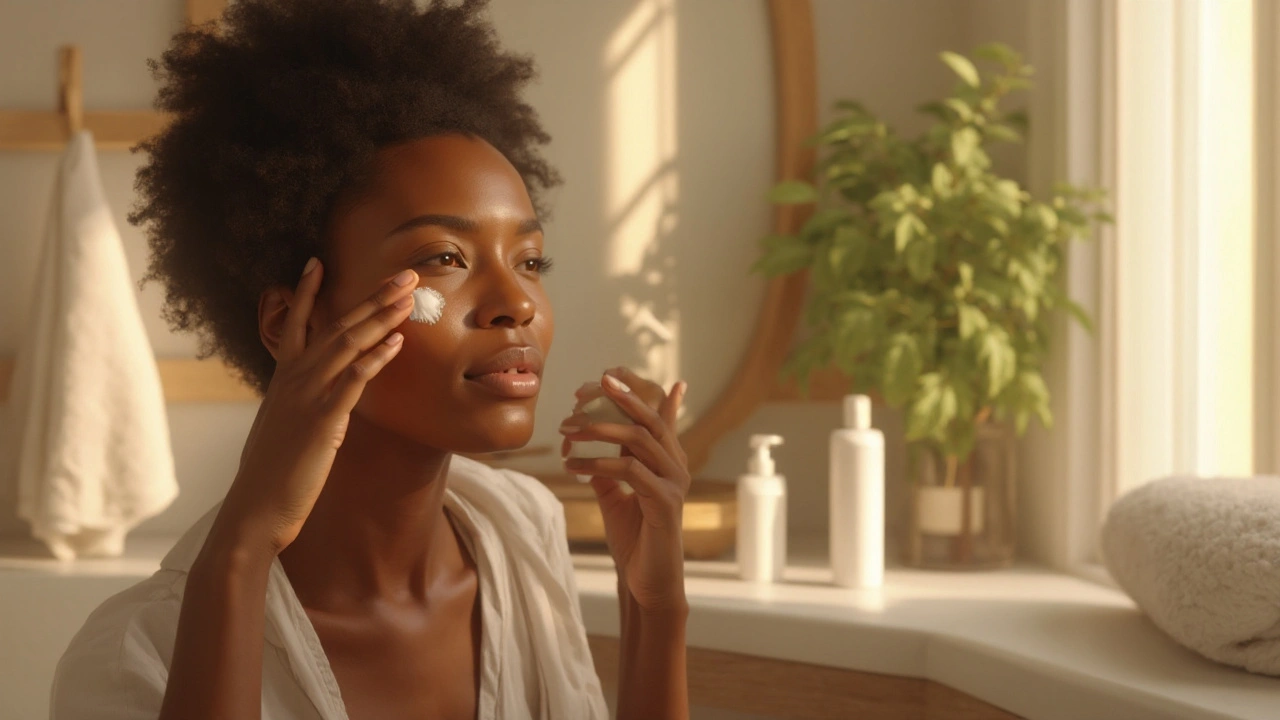Skin Lightening Alternatives: Safe Ways to Brighten Your Skin
If you’re tired of harsh bleaches and pricey creams, you’re not alone. Many people want a more even tone without risking irritation or long‑term damage. The good news is there are plenty of skin lightening alternatives that work gently and are easy to fit into a daily routine.
Why Look for Alternatives?
Traditional skin‑lightening agents like hydroquinone or high‑strength steroids can cause redness, dryness, and even permanent pigment changes when misused. They also require a prescription in many countries, which adds cost and hassle. By choosing milder options, you protect your skin’s barrier, keep the glow natural, and avoid the roller‑coaster of side effects.
Top Natural Alternatives
Vitamin C serums – A stable vitamin C formula brightens dull spots and boosts collagen. Apply a few drops each morning after cleansing and before sunscreen. Consistency is key; you’ll see a smoother complexion in a few weeks.
Niacinamide – This form of vitamin B3 reduces melanin transfer, making dark patches fade over time. Look for a 5 % concentration in a lightweight lotion or serum. It also calms redness, so it’s a win‑win for sensitive skin.
Licorice extract – Glabridin, the active ingredient, blocks the enzyme that creates excess pigment. Products with 0.5‑1 % licorice are effective for sun‑induced spots without causing dryness.
Aloe vera gel – Aloe contains aloin, a natural compound that lightens hyperpigmentation gently. Use pure aloe gel as a spot treatment at night; it also soothes irritation from sun exposure.
Exfoliating acids – Low‑strength glycolic or lactic acid (5‑10 %) removes dead skin cells, revealing fresh, brighter layers underneath. A weekly chemical exfoliant reduces the appearance of uneven tone while keeping pores clear.
When you combine any of these alternatives with daily sunscreen, you lock in results and prevent new spots from forming. SPF 30 or higher is essential, even on cloudy days.
For those who prefer a DIY route, a simple mask of yogurt (lactic acid), honey (brightening enzymes), and lemon juice (vitamin C) can give a temporary glow. Use it no more than twice a week to avoid irritation.
Remember, skin tone is a personal choice, not a medical necessity. Choose an alternative that feels good on your skin and fits your lifestyle. If you notice persistent redness, itching, or worsening spots, pause the routine and consult a dermatologist.
Bottom line: you don’t need strong chemicals to achieve a brighter complexion. Vitamin C, niacinamide, licorice, aloe, and gentle acids provide safe, effective skin lightening alternatives that keep your skin healthy and happy.






